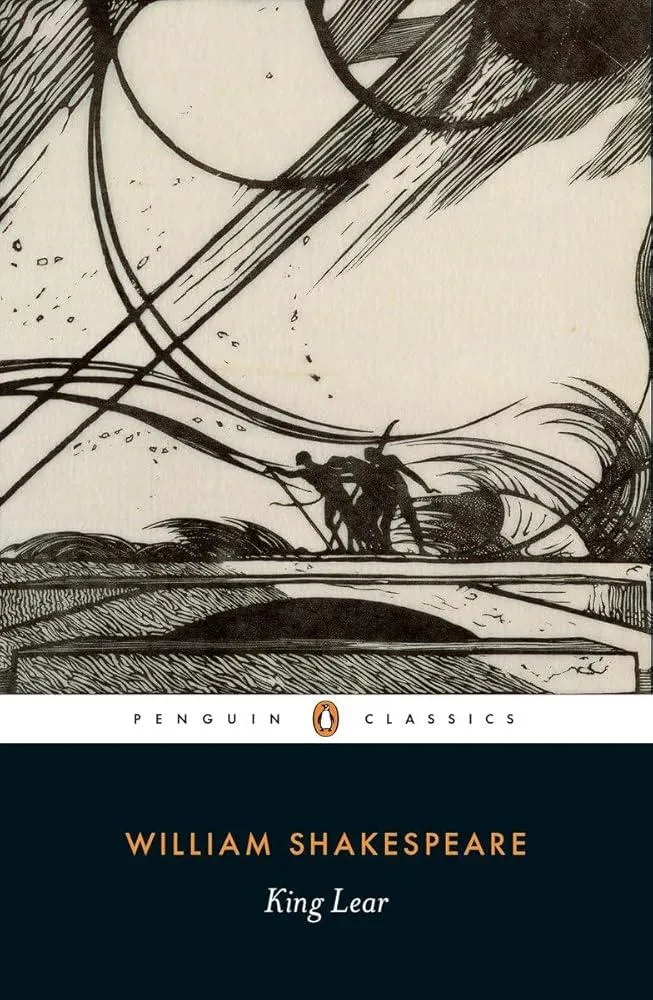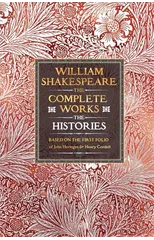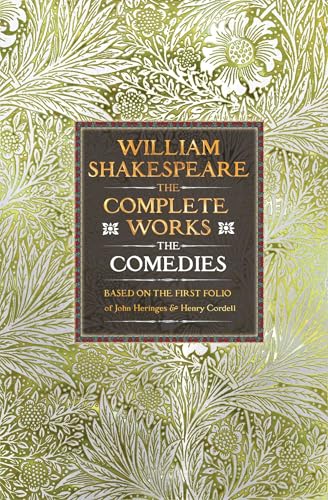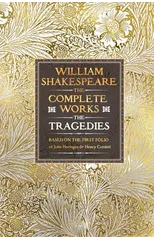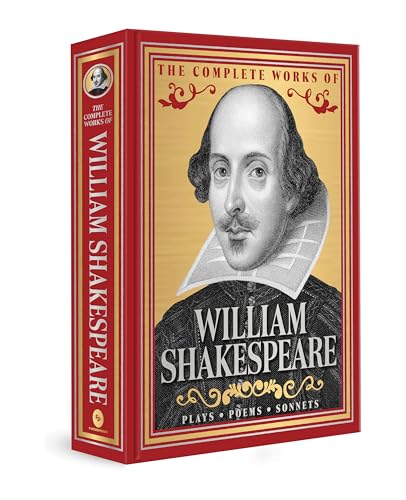'The most perfect specimen of the dramatic art existing in the world' Percy Bysshe Shelley Shakespeare's bleak and brutal tragedy begins when an ageing king, seeking a successor, rejects the young daughter who loves him and misplaces his trust in her malevolent sisters. In return they strip him of his power and condemn him to a wretched wasteland of horror and insanity. Set in a pitiless universe, King Lear is a towering, elemental masterpiece of fierce poetry and vast imaginative scope. Used and Recommended by the National Theatre General Editor Stanley Wells Edited by George Hunter Introduction by Kiernan Ryan
William Shakespeare
William Shakespeare was an English playwright, poet, and actor, widely regarded as one of the greatest writers in the English language. He is known for his numerous plays and sonnets, which have had a profound impact on literature and theater. Some of his most notable works include "Romeo and Juliet," "Hamlet," "Macbeth," and "Othello." Shakespeare's writing is characterized by his use of intricate language, complex characters, and universal themes such as love, jealousy, power, and ambition. His works have been translated into every major language and are performed around the world to this day. Shakespeare's influence on literature, drama, and the English language is immeasurable, and his legacy continues to endure centuries after his death. His most famous work is arguably "Romeo and Juliet," a tragic love story that has become a timeless classic.
